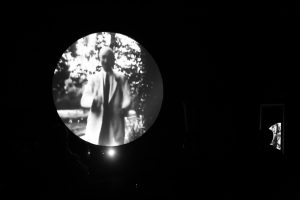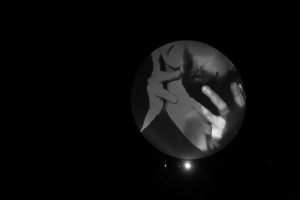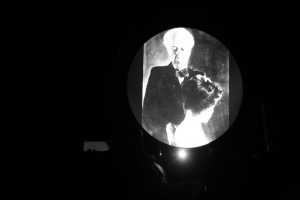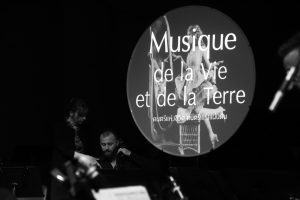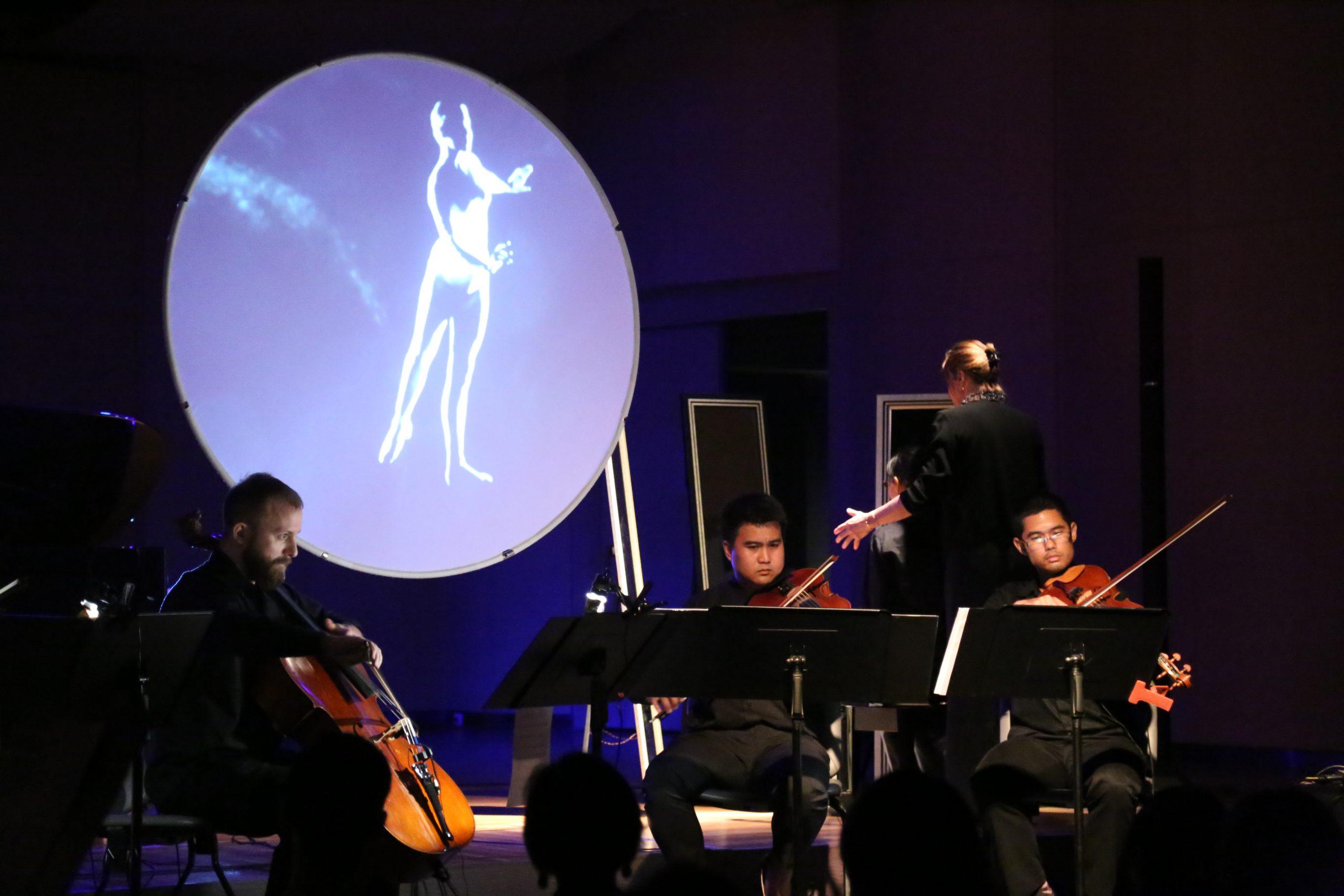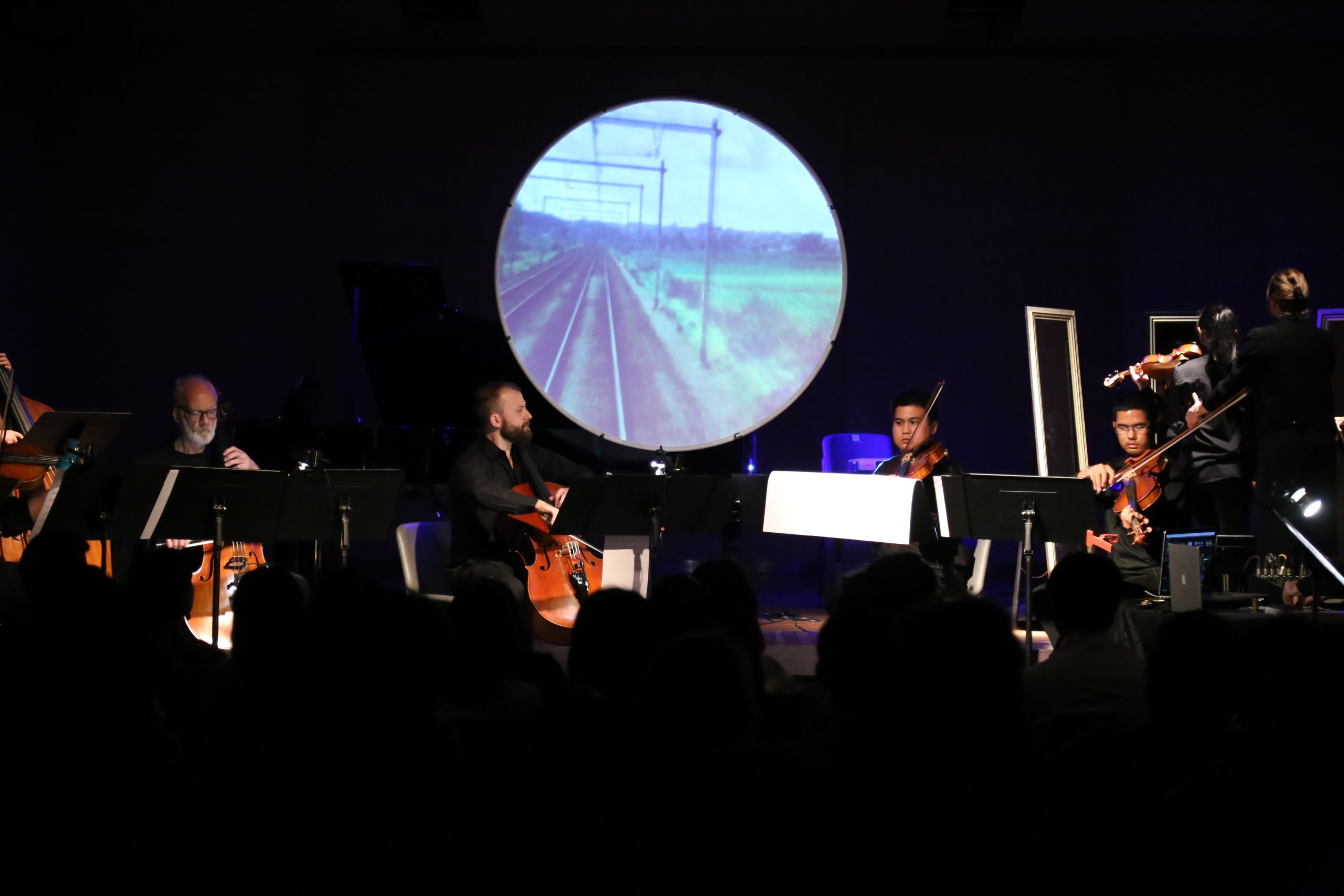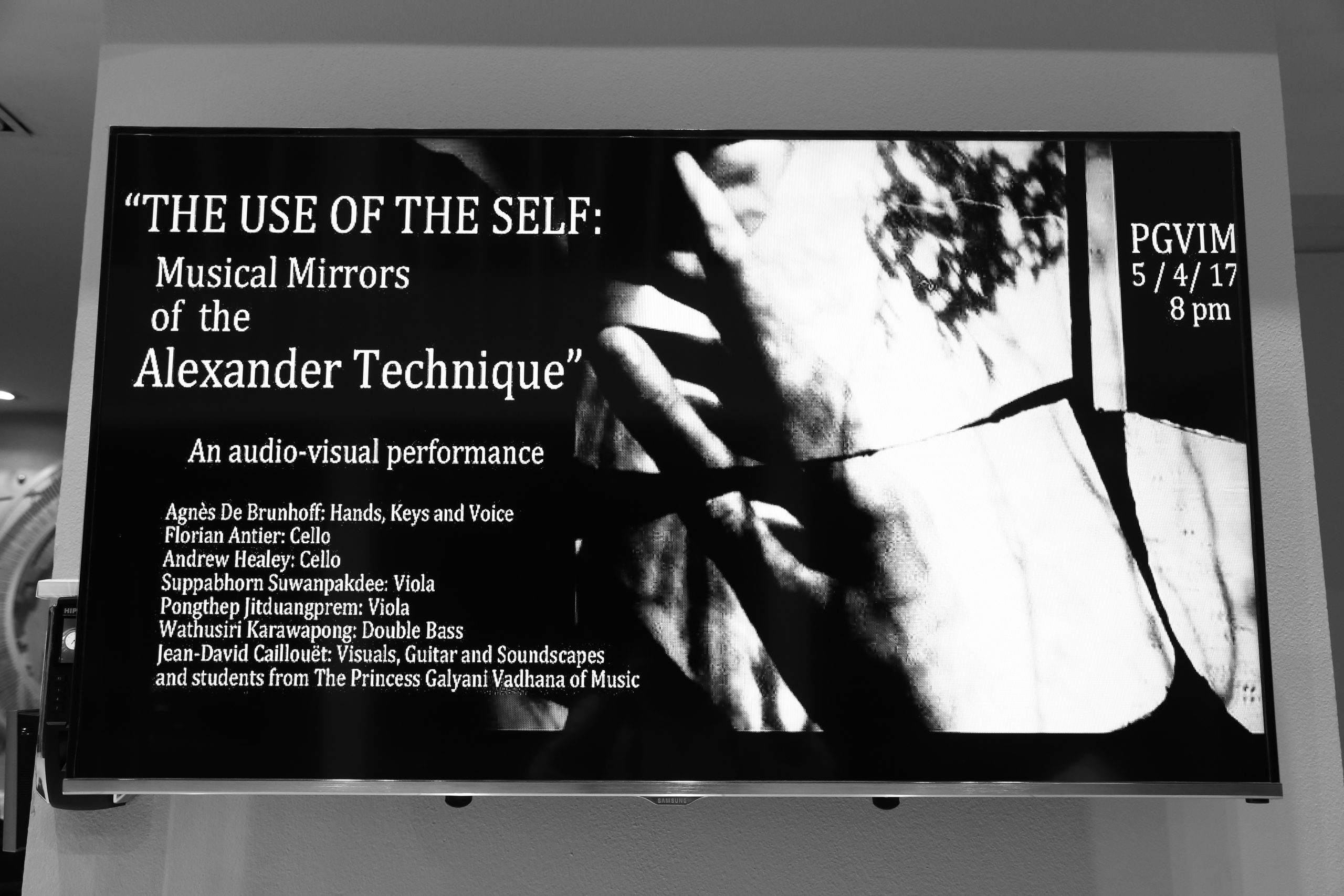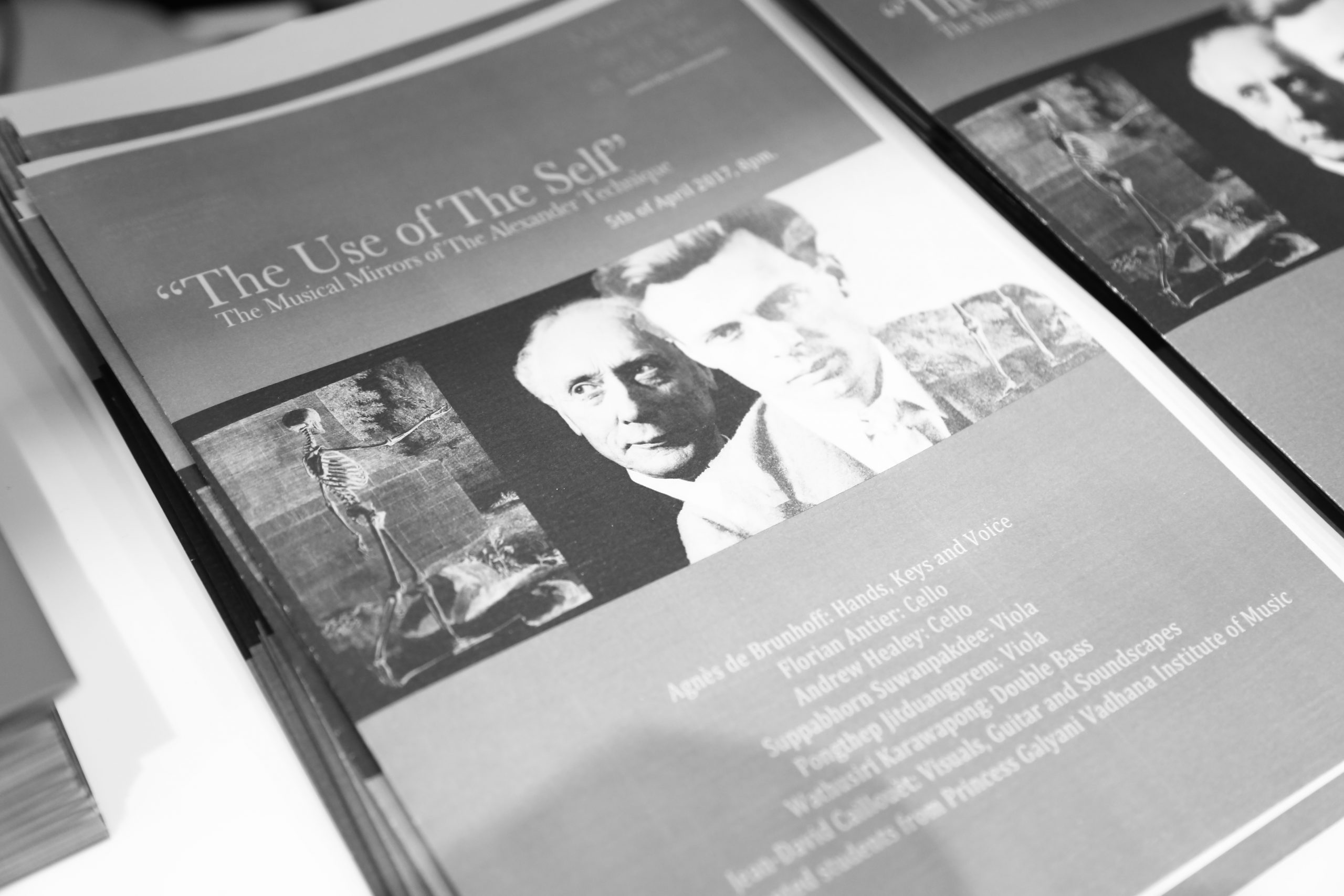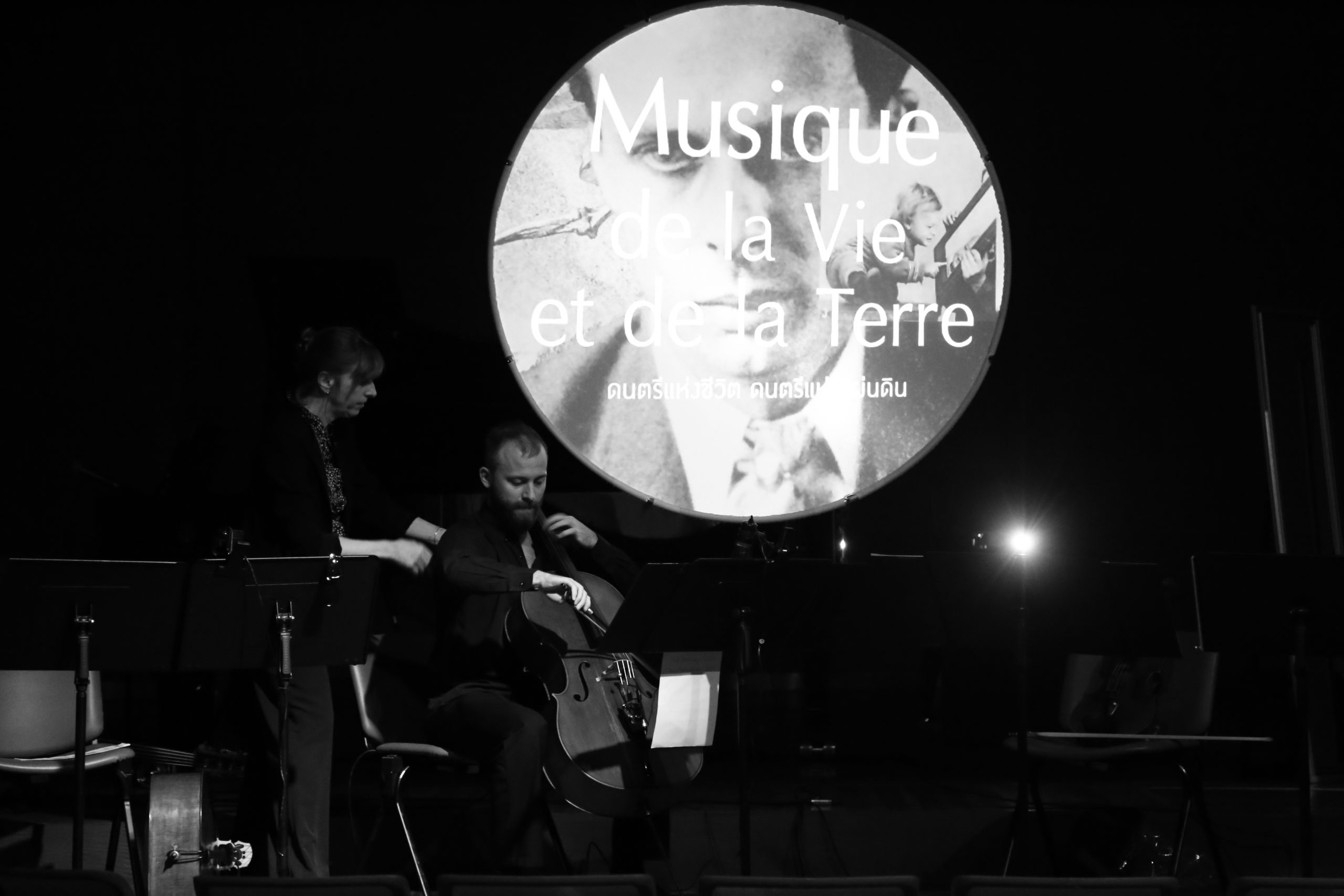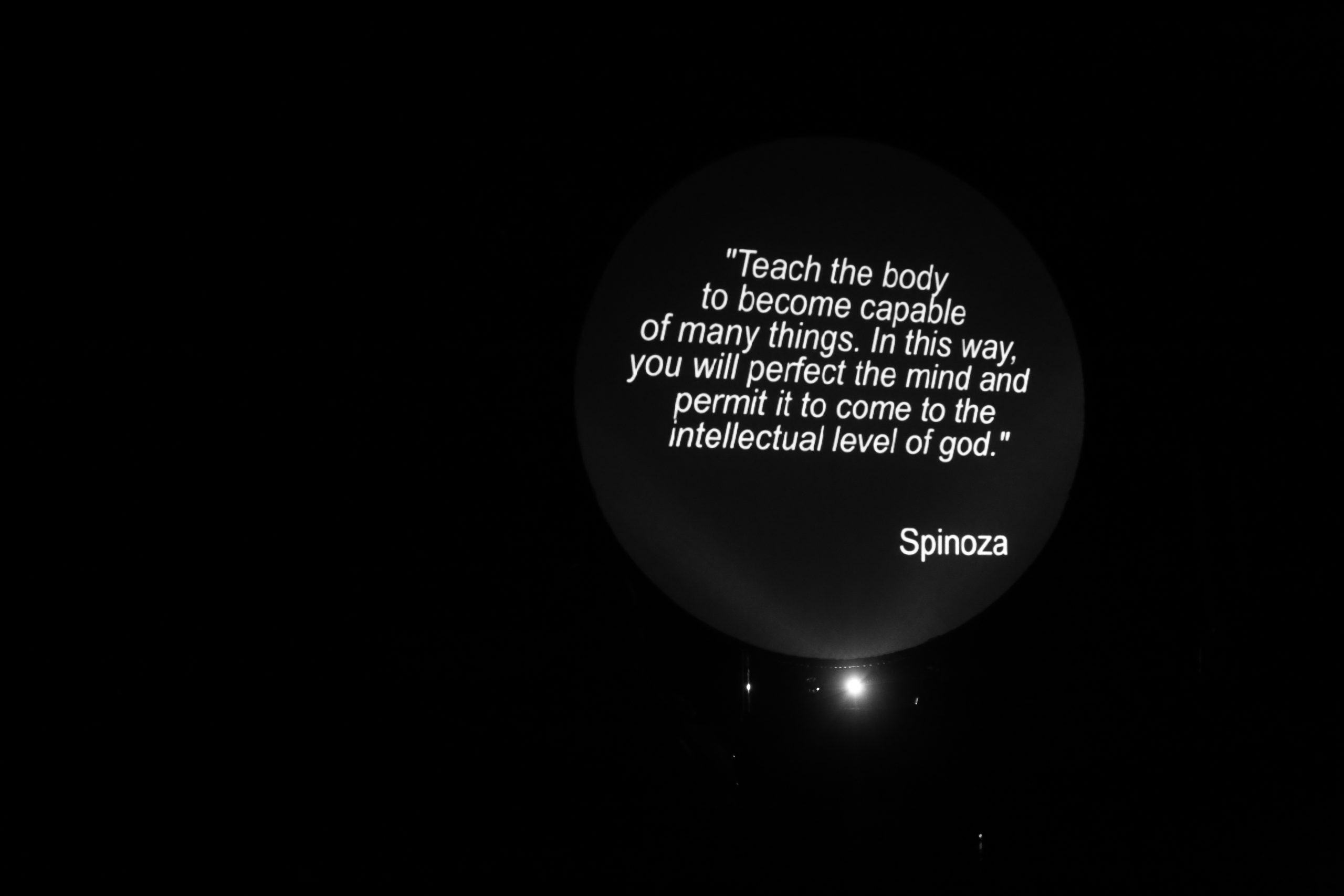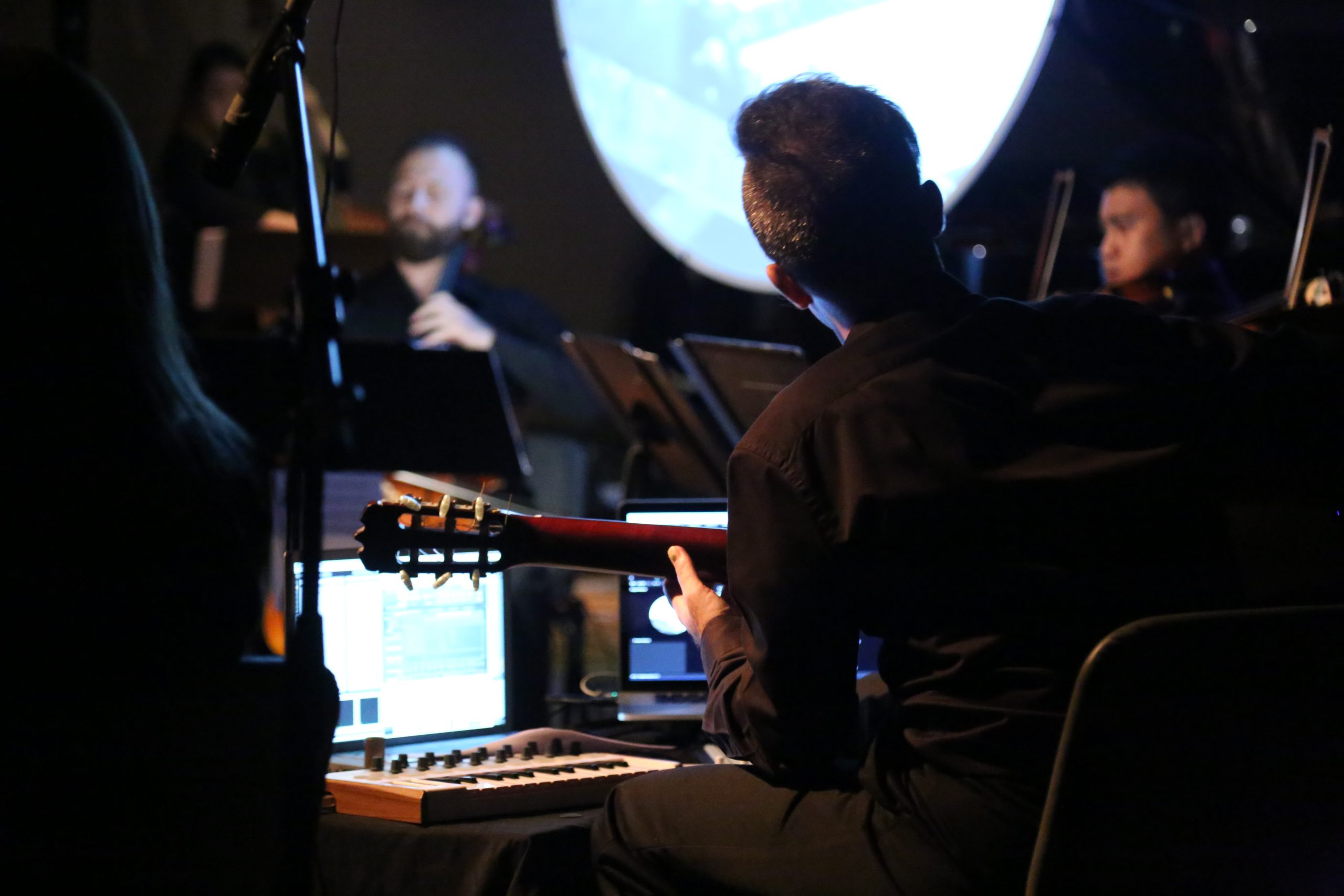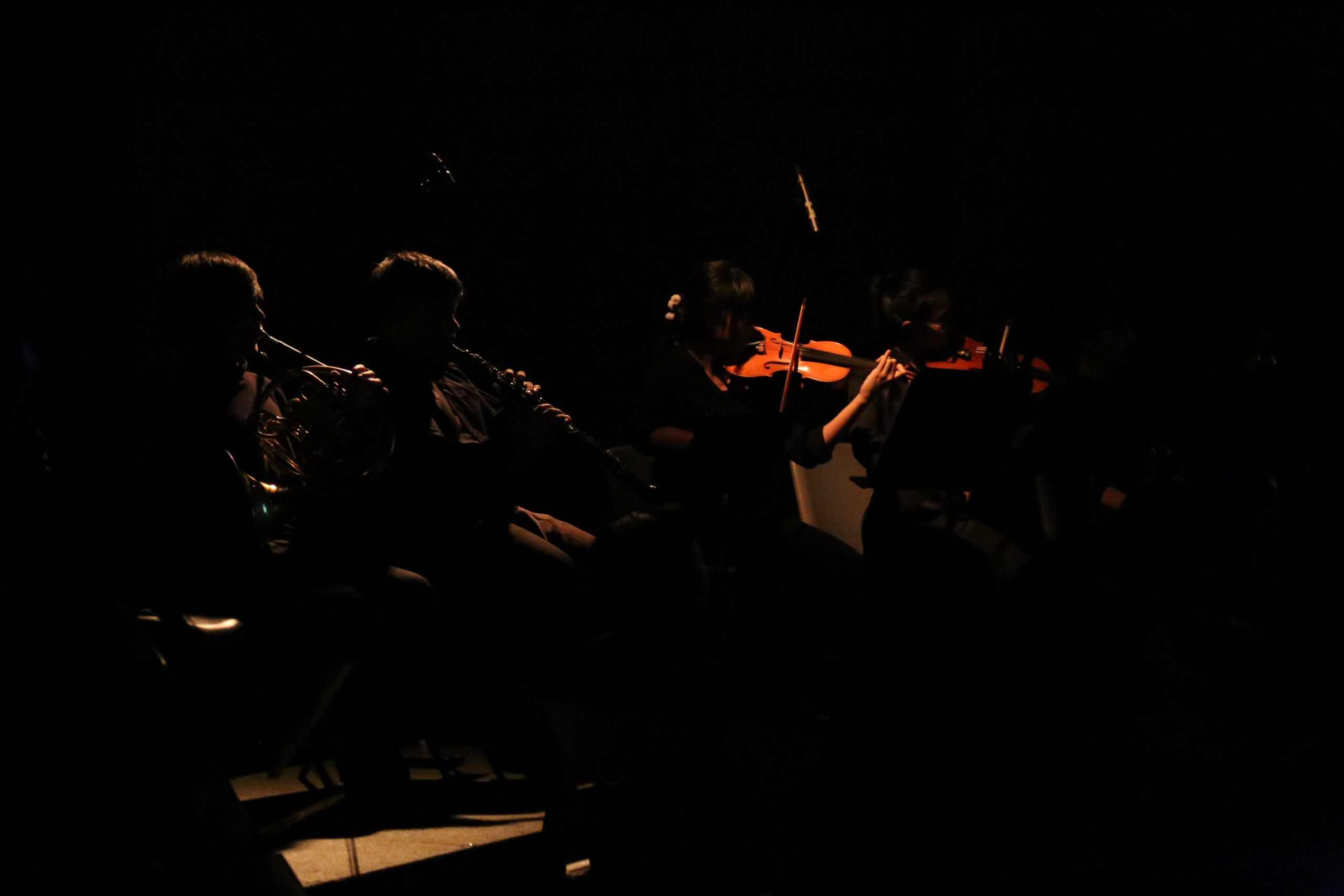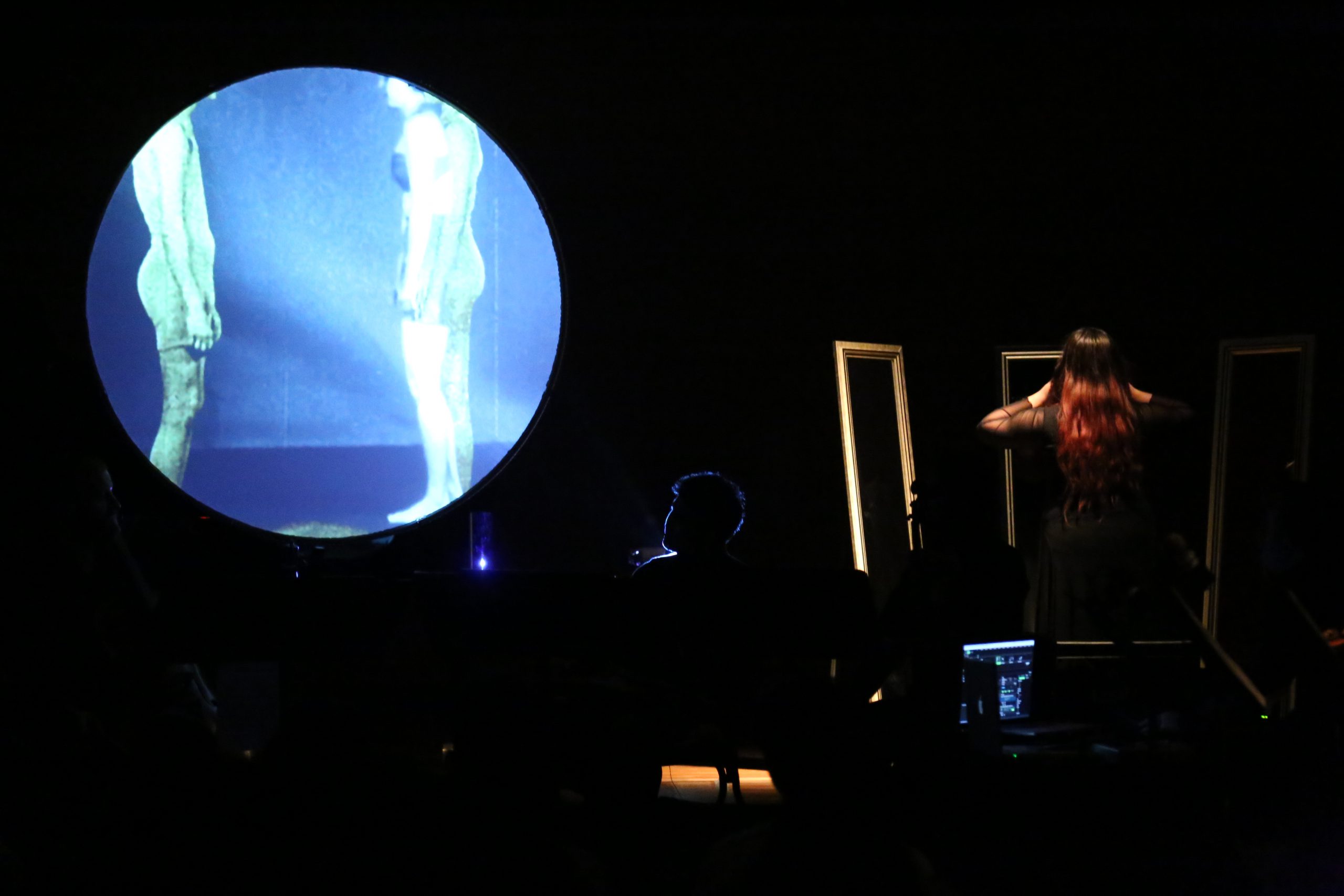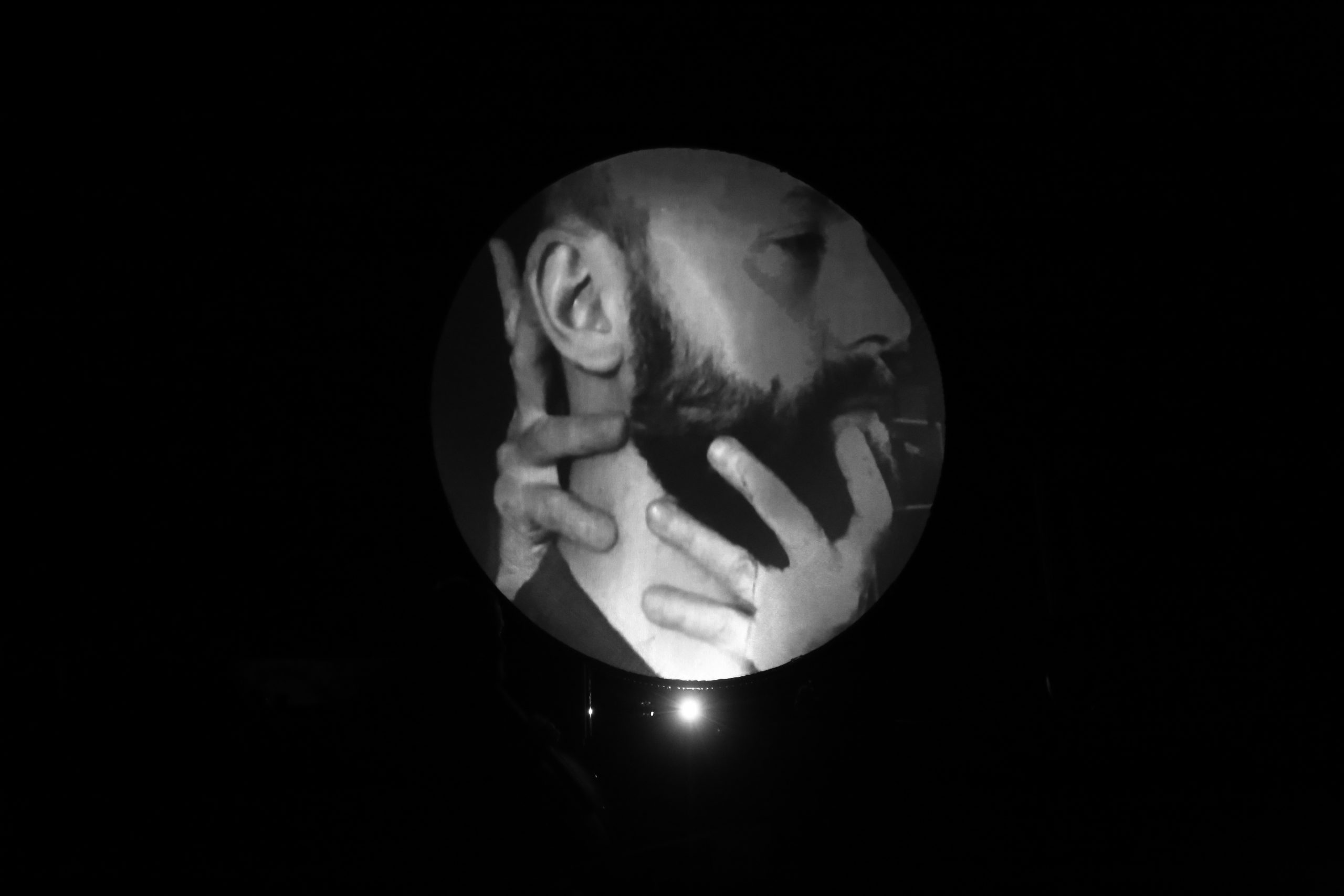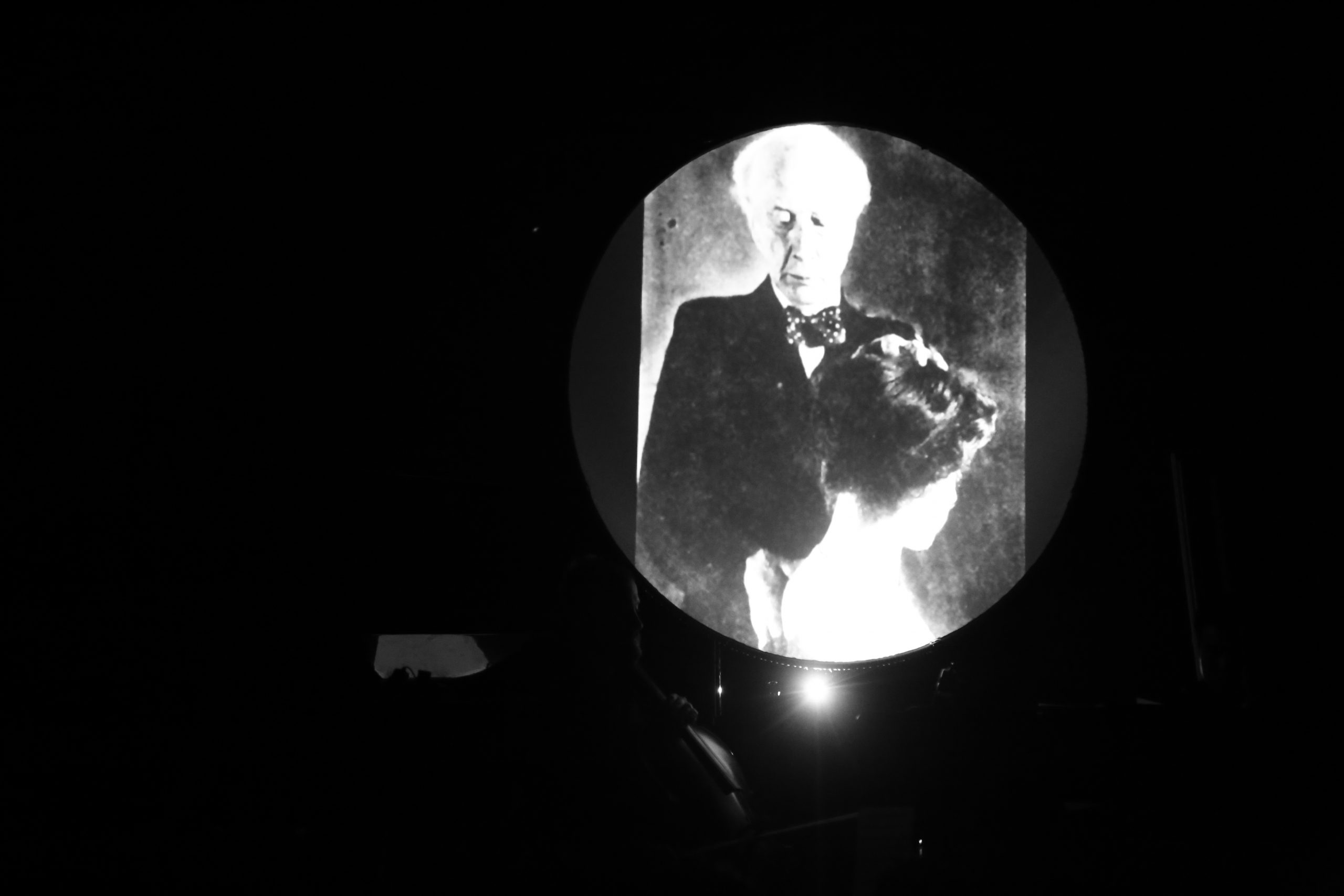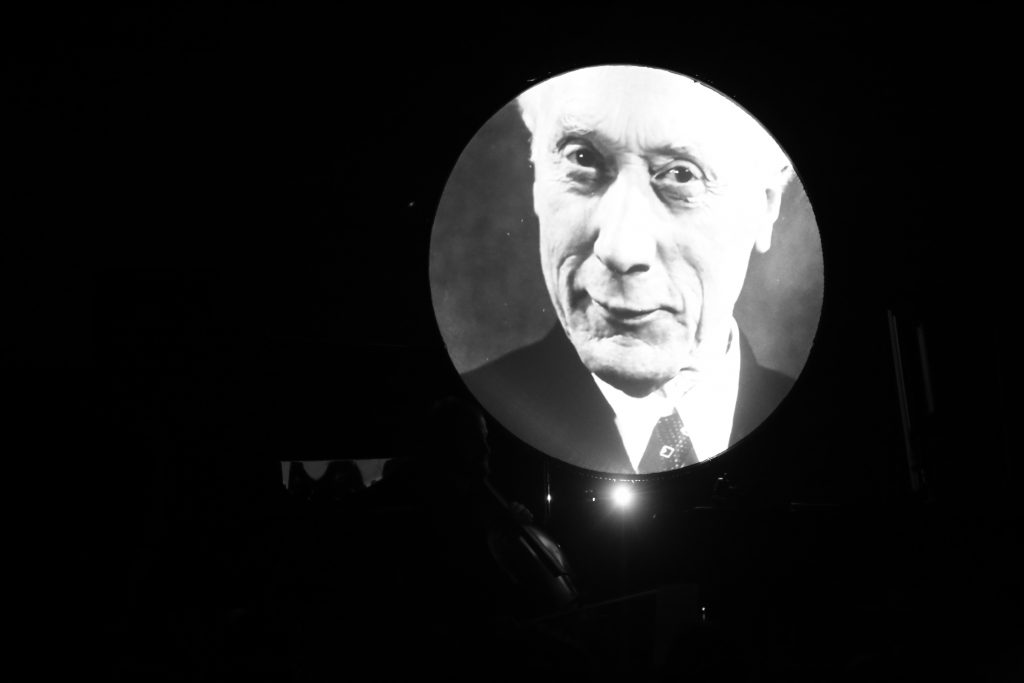
” In what way to treat the body; in what way to treat the mind ; in what way to manage our affairs; in what way to bring up a family; in what way to behave as a citizen; in what way to utilize those sources of happiness which nature supplies,—how to use all our faculties to the greatest advantage; how to live completely ? And this, being the great thing needful for us to learn, is, by consequence, the great thing which education has to teach. To prepare us for complete living is the function which education has to discharge.”
HERBERT SPENCER
When the Australian Actor, Frederick Matthias Alexander (20 January 1869 – 10 October 1955) suffered from voice problems due to chronic laryngitis, no doctor were able to help him. He was left with no option than coming up with his own solution. He started observing himself in the mirror and became aware of excess tension in his neck and body that were causing his problems. He began to observe his fellow men and found that at least in modern Western society, the majority of people stand, sit and move in an equally defective manner. Through a continuous monitoring of the entire body, he started developing new ways of moving and talking and his health improved to ‘such an extent that his friends and several of the doctors he had consulted earlier persuaded him to teach others what he had learned’
This event follows three days of workshops and presentations by Agnès De Brunhoff, an Alexander technique expert and practionner who teaches the technique at Paris National Conservatoire. This performance will incorporate some of her own reflections and ideas about Alexander’s teaching.
Florian Antier: Cello
Andrew Healey: Cello
Suppabhorn Suwanpakdee: Viola
Pongthep Jitduangprem: Viola
Wathusiri Karawapong: Double Bass
Jean-David Caillouët: Visuals, Guitar and Soundscapes
and students from The Princess Galyani Vadhana Institute of Music
